Just before he tabled the 2020 Alberta budget on Feb. 27, provincial finance minister Travis Toews said, in a classic example of understatement, “We are not projecting a boom time. The volatility is extreme.”
The government says the budget is “a plan for jobs and the economy.”
“Budget 2020 maintains budgets for health, education and core social services. We remain focused on creating jobs, growing our economy, and streamlining programs to ensure a sustainable future. Our plan to get spending under control is working — we’re on track to balance the budget by 2022-23 and we’re bringing down the deficit faster than expected.”
The province is banking that a combination of corporate tax breaks, continued government deficits and a renewed flow of energy royalties will lift Alberta out of its economic hole.
The budget item that is arguably of the most interest to the Alberta construction industry is the 2020 Capital Plan for public infrastructure.
The government says new projects worth an estimated $772.4 million over the next three years will “create opportunities for private sector participation and support more than 3,000 new jobs by 2022.”
Frederick Vine, chairman of the Alberta Construction Association (ACA), says the association welcomes the increased investment in infrastructure.
“The 2020 capital budget is $17.4 billion for the three years 2020-2023, compared to $15.9 billion in the 2018 capital budget and $16.2 billion in the 2019 capital budget,” said Vine.
Investment in infrastructure supports good jobs and provides the schools, health care facilities and other structures needed by Albertans, he says.
“ACA truly appreciates the government’s partnership with industry in reviewing legislation, policies and procedures to eliminate red tape and enhance value for taxpayers through infrastructure,” said Vine.
The budget is the government’s attempt to get its finances back on track and the deficit under control
— Jack Mintz
University of Calgary
What do the pundits have to say about the budget?
Alison McIntosh and Ian Hussey of the Parkland Institute at the University of Alberta say the budget’s fiscal projections depend on two optimistic assumptions.
First, that the one-third cut to the provincial corporate income tax rate will result in significant additional revenue for the provincial government from increased business investment in the economy and a related increase in private sector employment.
And, second, that three new pipelines (Line 3, Trans Mountain expansion, and Keystone XL) will be built and start operating in the next three years.
“The UCP (United Conservative Party) assumes (the pipelines) will all be built and that there will be no delays to current construction schedules,” they write in a post-budget analysis. “Based on these assumptions, the government projects significant growth in bitumen royalties … in 2021 and… in 2022. These assumptions by the UCP seem optimistic, given past pipeline delays and ongoing opposition to these projects.”
Hussey says the economic pain that Albertans are suffering is real.
“The energy economy is one-quarter of Alberta’s economy and one-third of Calgary’s,” he said. “Four office towers in downtown Calgary are sitting empty. And other sectors of the economy, such as agriculture and forestry, are doing poorly, too.”
Jack Mintz, President’s Fellow of the School of Public Policy at the University of Calgary has a generally favourable opinion of the budget and believes the Kenny government is right to focus on bringing its deficit down.
“The budget is the government’s attempt to get its finances back on track and the deficit under control,” he said. “That initiative will have the support of the many Albertans who want a tight hold on the province’s purse strings.”
Mintz says Alberta has a history of big-ticket spending, deficits and debts, followed by slashing cut-backs.
“Ralph Klein’s cutbacks in the 1990s followed the high spending of the Lougheed and Getty years,” he said. “And he managed to remain popular as he cut back spending, because he explained to the electorate why the reductions were necessary.”
Mintz says Premier Kenney’s cuts are not as aggressive as Klein’s, but he will bring the provincial debt down.
“Kenney wants to do operations and administration more efficiently and bring their cost down,” he said.
Mintz says Alberta can’t continue with its high-spending ways.
“After 2015, when commodity prices went down, it became clear that we weren’t going to return to high energy prices again, but government spending, especially education and health, remained high,” he said. “The government hired more people, especially in education and health, and paid them more, with the result that the deficit went up. Now it has to come down.”




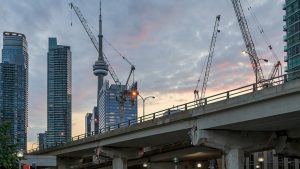
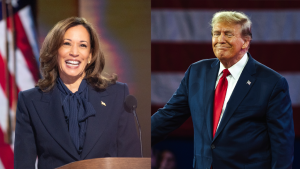
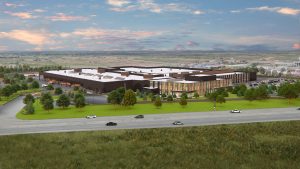
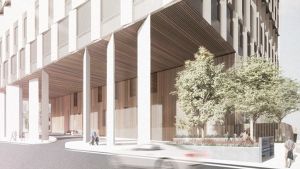

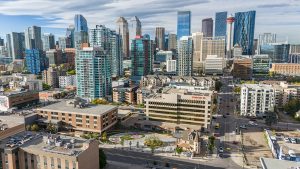

Recent Comments
comments for this post are closed